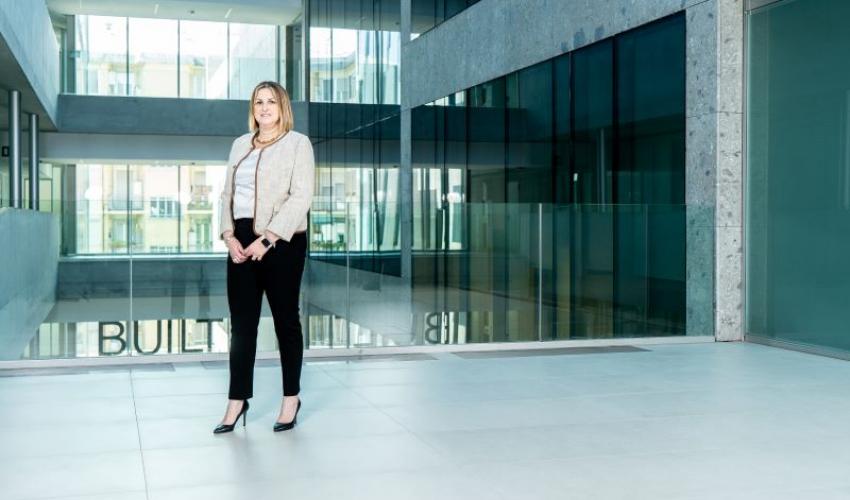
Where Managers of Culture Are Created
THE CLEACC PROGRAM, DIRECTED BY STEFANIA BORGHINI, IS VERY UNIQUE, BUT THE QUANTITATIVE SKILLS IT PROVIDES ARE THE SAME AS OTHER PROGRAMS. WITH SOMETHING EXTRAA different kind of program… but in some ways more than others. The Bachelor of Science in Economics and Management for Art, Culture and Communication, CLEACC, is offered in both Italian and English versions. In terms of its content and teaching methods, it has been organized to be particularly suitable for training managers who are specifically prepared to work in "creative industries," or at companies and institutions operating in the artistic sector (museums, theaters, auction houses), the cultural sector (publishing, music, audiovisual) and the creative sector (fashion, design, communication, urban development). "But this should not lead to a misunderstanding," points out Stefania Borghini, Associate Professor of Marketing and Program Director since 2019. "The definition that I prefer, and which best represents the reality of CLEACC, is a program that offers a strong background in business economics, through both a vertical empirical application on cultural and creative sectors, and a focus on humanities that offer perspectives of analysis and observation complementary to management." This is an important distinction because young people in the past, and even some today, may not expect such a significant mathematical and quantitative component.
“CLEACC is a unique program in the international arena,” continues Borghini, “where there are management programs with a few electives related to the cultural sphere or humanities programs with a smattering of management. These two sides are balanced in this BSc, going naturally from a class in mathematics to another in anthropology, from finance to aesthetic philosophy. And that's the beauty of it.” The reason is easy to explain, as Borghini stresses: "Multidisciplinarity is the real strength of the program, in this case even more than usual. That's because it gives you a fundamental mental openness to understand how to navigate the complexity of the evolving world, which is useful whether the student decides to continue their studies or opts for directly entering the world of work. In fact, CLEACC graduates have this unique feature that is truly distinct and appreciated by employers.”
The program is highly selective, there are only two class groups and a limited number of students are admitted. The teaching method involves lots of group projects and workshops, overseen by faculty, based on input from companies and institutions, with a strong emphasis on planning. Thanks to active teaching, a specific feature of the study path, students play a central role and train themselves to think. “In the last year of the program, students have the opportunity to participate in internships, mostly in the cultural field, that is, at theaters, foundations and museums, or creative industries, such as the entertainment sector in a broad sense. But opportunities are not limited to those areas, because our students' management training makes them attractive to practically any sector, especially those in which rapid transformations are taking place where management of uncertainty is a must. CLEACC is a program that is always in step with the times and is constantly being updated,” concludes Borghini, “with the introduction, as in the rest of the University's programs, of a strong digital component and coding courses. For future managers, including cultural ones, these are indispensable skills."
by Davide Ripamonti
Translated by Jenna Walker
